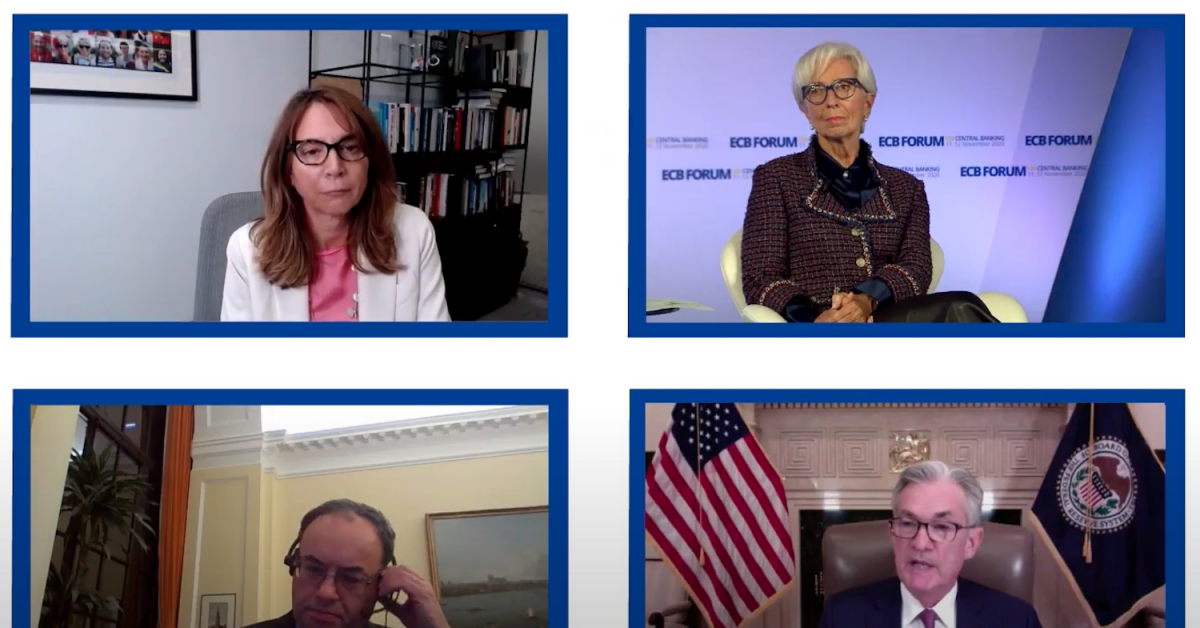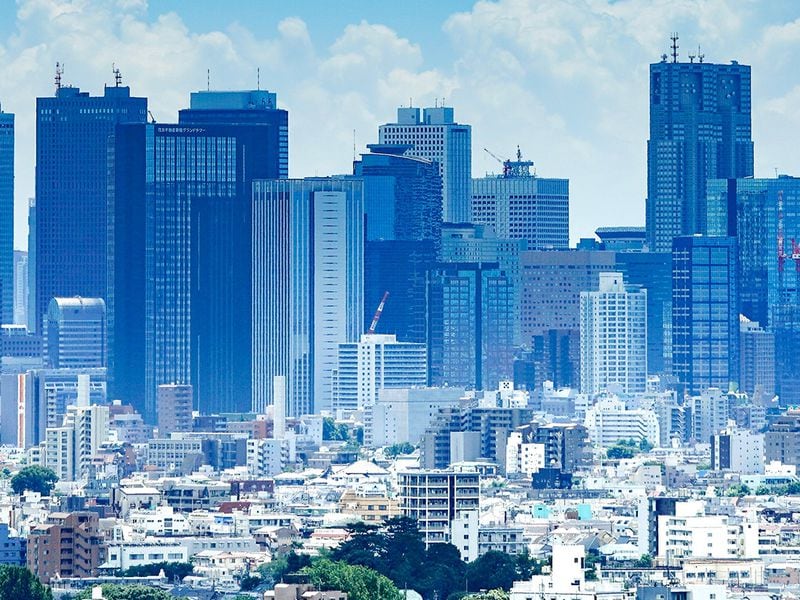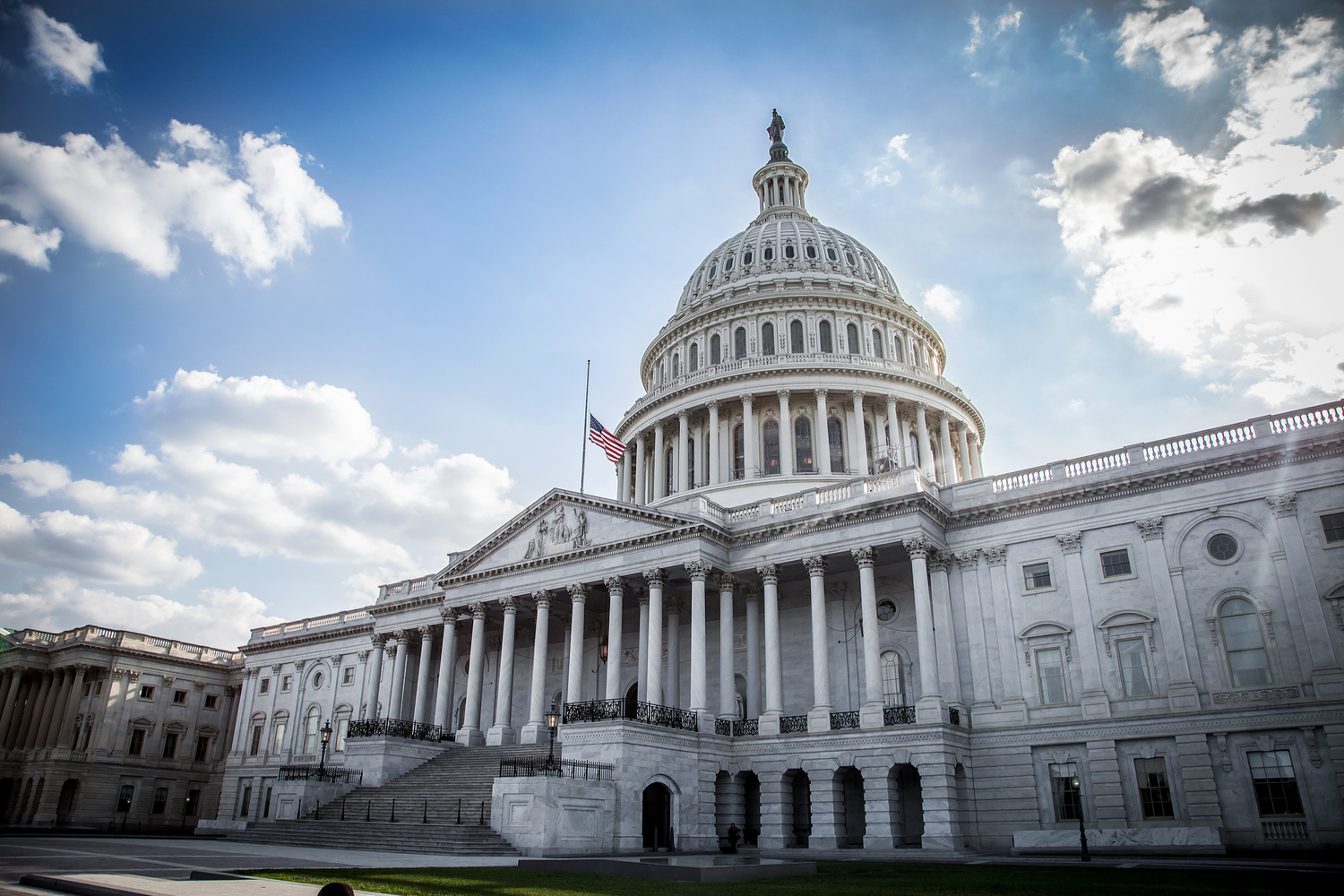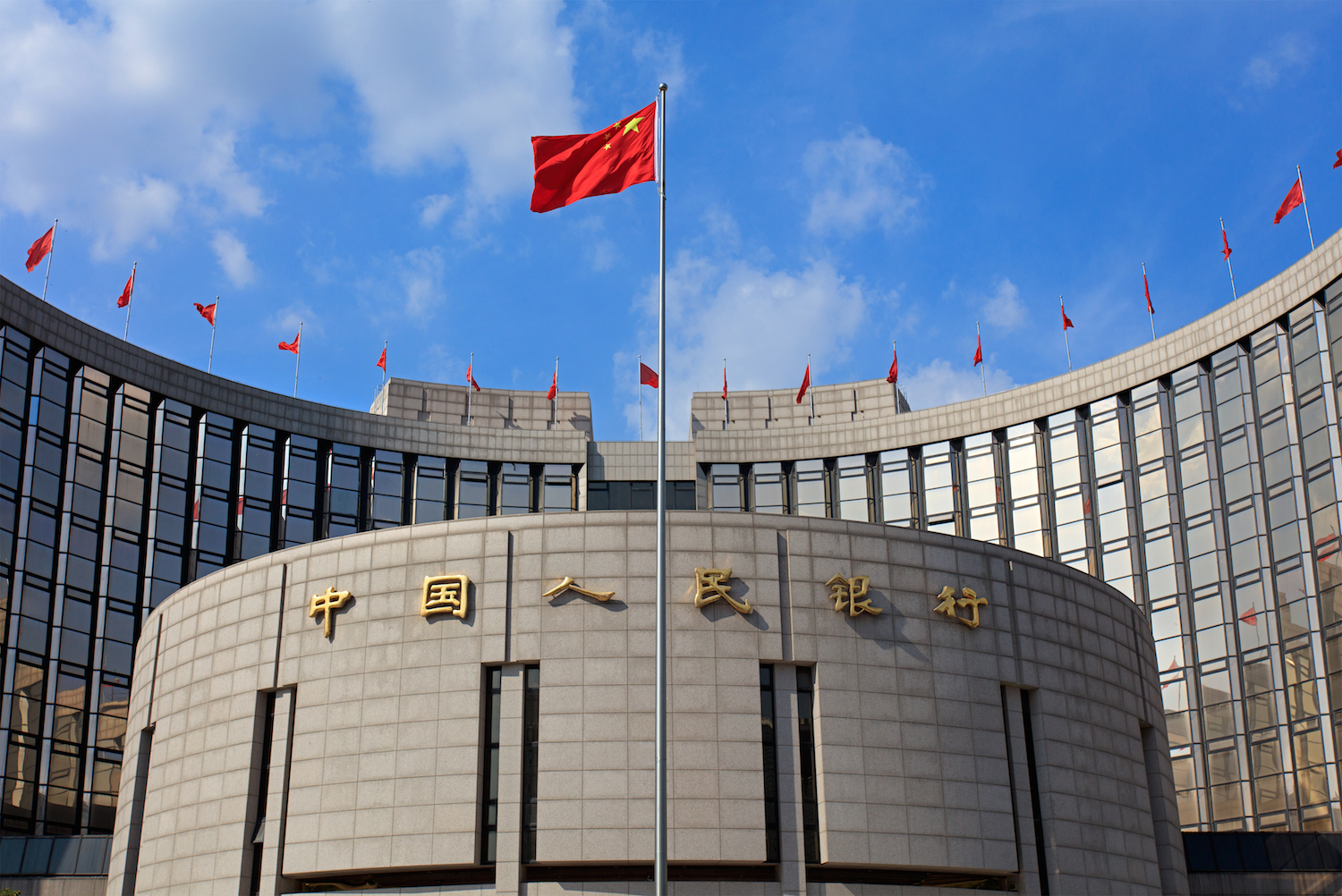Frankfurt to Host New EU Money Laundering Watchdog Tasked With Monitoring Crypto
/arc-photo-coindesk/arc2-prod/public/LXF2COBSKBCNHNRE3WTK2BZ7GE.png)
-
The European Union is setting up a new Anti-Money Laundering Authority to oversee potential crypto and other financial issues, with representatives from all 27 member nations.
-
The new authority will be based in Frankfurt, Germany.
The European Union has selected Frankfurt, Germany, as the seat for its new Anti-Money Laundering Authority (AMLA), which will directly oversee the crypto sector.
The Frankfurt-based agency, made up of the authority itself and national authorities from the EU’s 27 member states, will be tasked with ensuring compliance with all anti-money laundering and counter-terrorist financing obligations agreed by the bloc.
“We’re mitigating risks linked to large sums of money with an EU-wide limit of 10,000 euros for cash payments. At the same time, we’re addressing risks posed by crypto and the anonymity is enables,” Mairead McGuinness, European Commissioner for Financial Stability, Financial Services and Capital Markets Union said during a Thursday press conference on the decision.
The AMLA is part of a three-pronged legislative package to combat money laundering and terrorism financing across the EU, creating a single rulebook for all its members. In addition to setting up the new agency, the EU last year finalized revisions to its transfer of funds rules (TFR) to also allow for the tracing of crypto transactions.
“Really important that we will now have a single set of rules applicable to the private sector across the single market so no matter where companies are located across the union, they will be subject to the same rules,” McGuinness said. She added that the authority is “ready to go” with its work as early as Friday morning.
While the TFR was implemented alongside the EU’s landmark Markets in Crypto Assets (MiCA) framework, the bloc is now finalizing its AML regulatory framework (AMLR), which addresses customer due diligence and transfer limits.
Nine EU cities were in the running for the seat, including Rome and Paris. Frankfurt was picked through a joint vote of the European Parliament and Council.
Edited by Nikhilesh De.









